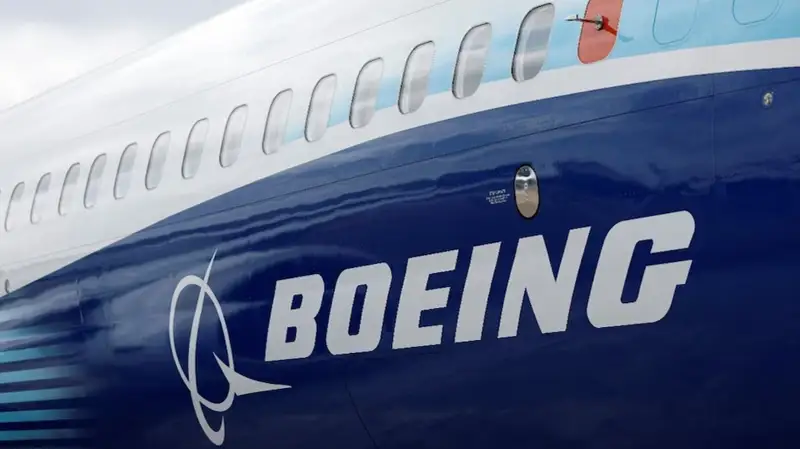Boeing struggles with financial crisis as strike and safety problems escalate
Boeing is suffering severe financial crisis, worsened by ongoing operational challenges and safety concerns that have affected the company for years, reports a Kazinform News Agency correspondent.

Recently, Boeing announced plans to borrow $10 billion from major banks and raise an additional $25 billion through stock and debt sales. This move is part of a broader strategy to offset financial losses accumulated over the past six years, during which the company’s debt ballooned to $53 billion by mid-2024. The situation has been made worse by a strike involving 33,000 workers from the International Association of Machinists (IAM), which has brought the production of commercial aircraft to a standstill.
In response to these growing challenges, Boeing’s CEO Kelly Ortberg announced plans to cut 10% of the company’s global workforce, affecting about 17,000 employees. Additionally, Boeing’s credit rating has dropped to just above junk bond status, and credit rating agencies warn that a downgrade could further increase the company’s borrowing costs.
Boeing’s troubles escalated after two deadly crashes involving the 737 Max, which killed 346 people. These tragedies led to a 20-month grounding of the aircraft and sparked federal investigations. Boeing has admitted to deceiving the Federal Aviation Administration during the plane’s certification process, and the company is awaiting a court decision on a plea agreement. Families of the crash victims argue that the proposed penalties are not severe enough.
Further damaging Boeing’s reputation, whistleblowers have accused the company of putting profits ahead of safety and quality. In one recent incident, a door plug on a 737 Max flown by Alaska Airlines blew off mid-flight, exposing serious manufacturing oversights. This has prompted additional federal investigations into Boeing’s production processes.
Despite these challenges, Boeing remains able to raise funds due to its crucial role in the global aerospace industry. Along with Airbus, Boeing dominates the full-size jet market, a duopoly that essentially guarantees its survival. Even though Boeing has lost market share to Airbus in recent years, its position is secure because Airbus alone cannot meet global demand for aircraft.
However, Boeing’s challenges continue. The ongoing IAM strike has halted production of key models like the 737 Max, 767, and 777 freighters, leading to further cash flow problems. Boeing typically receives most of its payments when planes are delivered, so the production freeze is straining its finances. To make matters worse, the company recently announced more delays for its 777X aircraft, with deliveries now pushed back to 2026.
Earlier, Kazinform News Agency wrote that the strike, led by members of the IAM, began on September 13, effectively halting operations at Boeing. The union blames Boeing for not offering a deal that satisfies its members. A previous agreement with a 25% wage increase over four years was rejected, and Boeing’s latest offer of a 12% immediate raise and a 30% total increase over four years was also deemed unacceptable by the union. Credit analysts estimate the strike is costing Boeing $1 billion each month.
